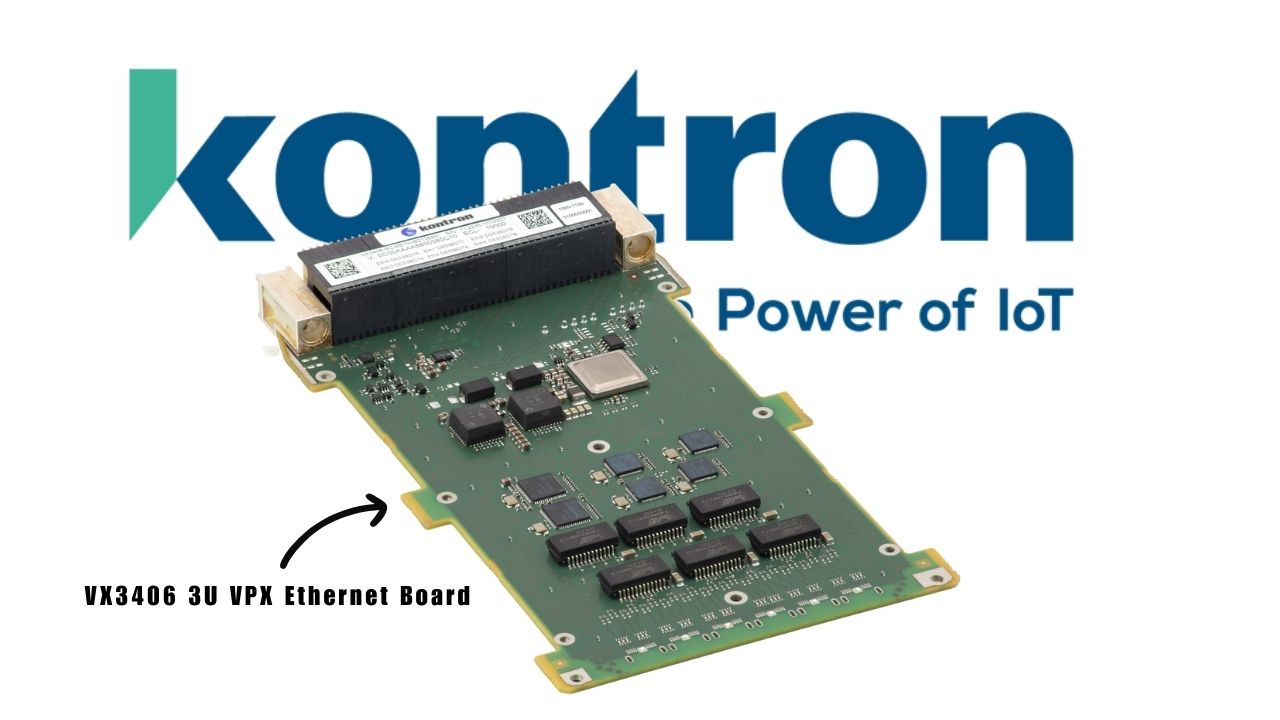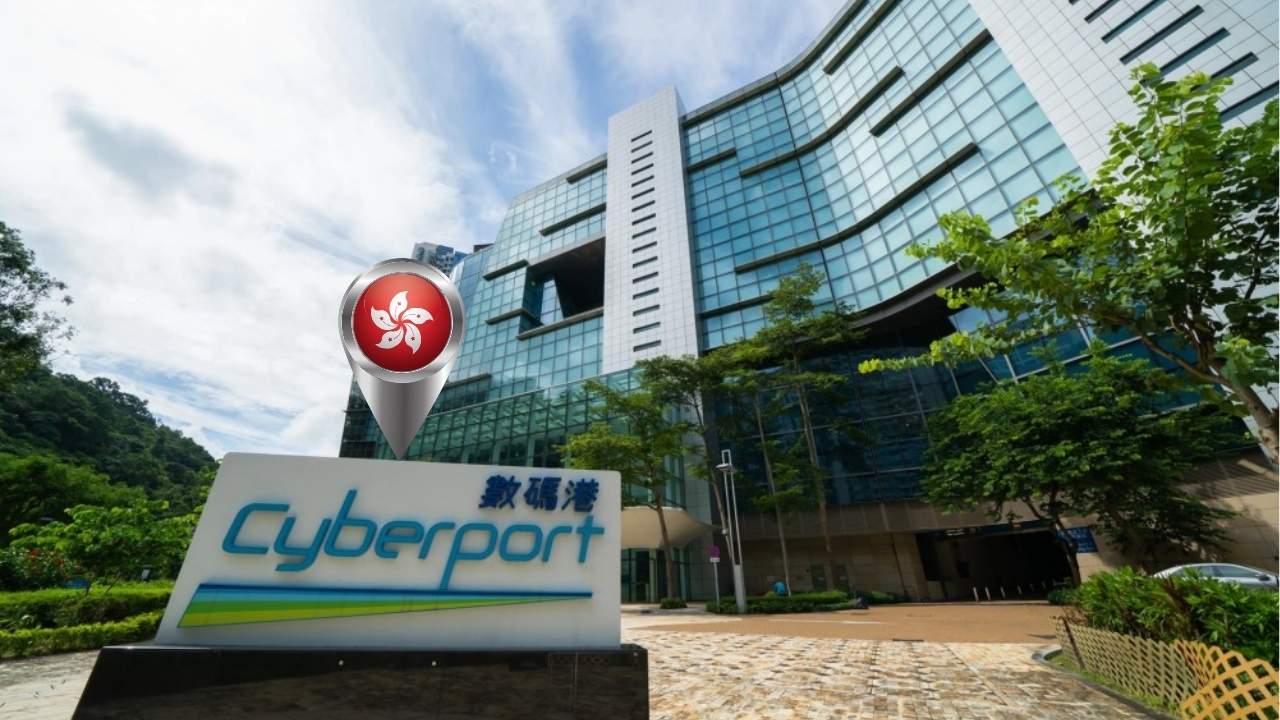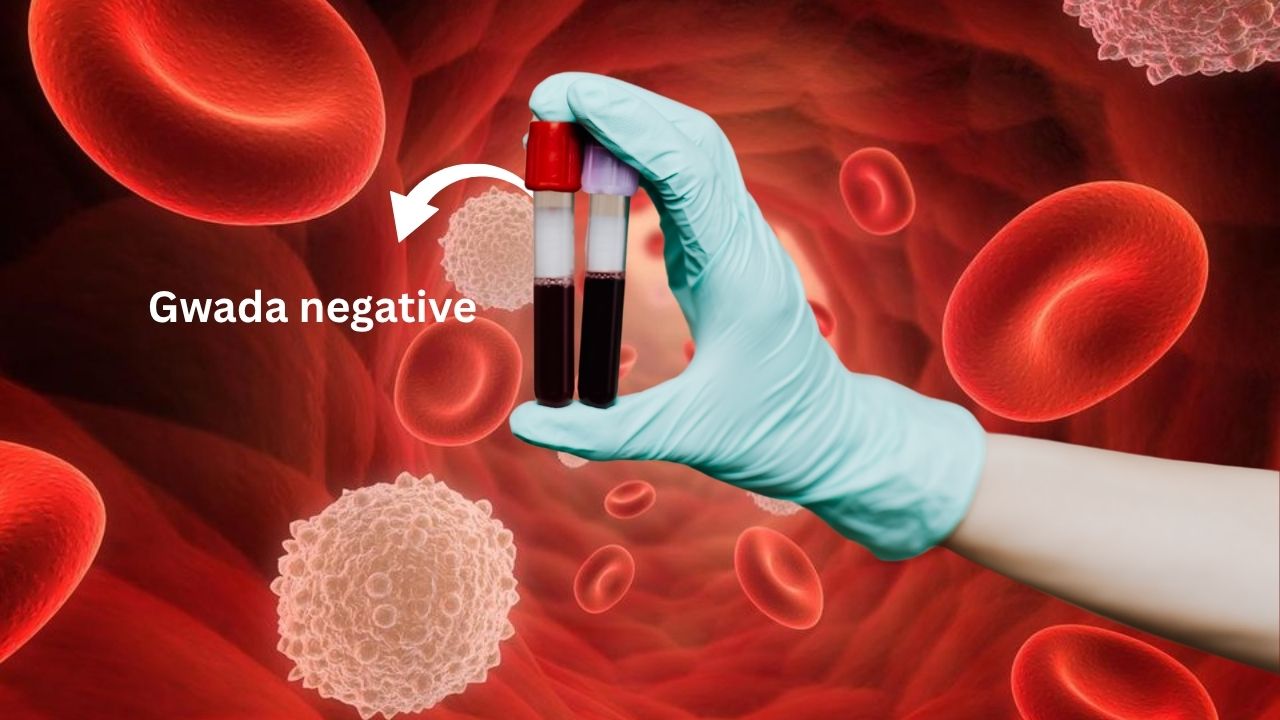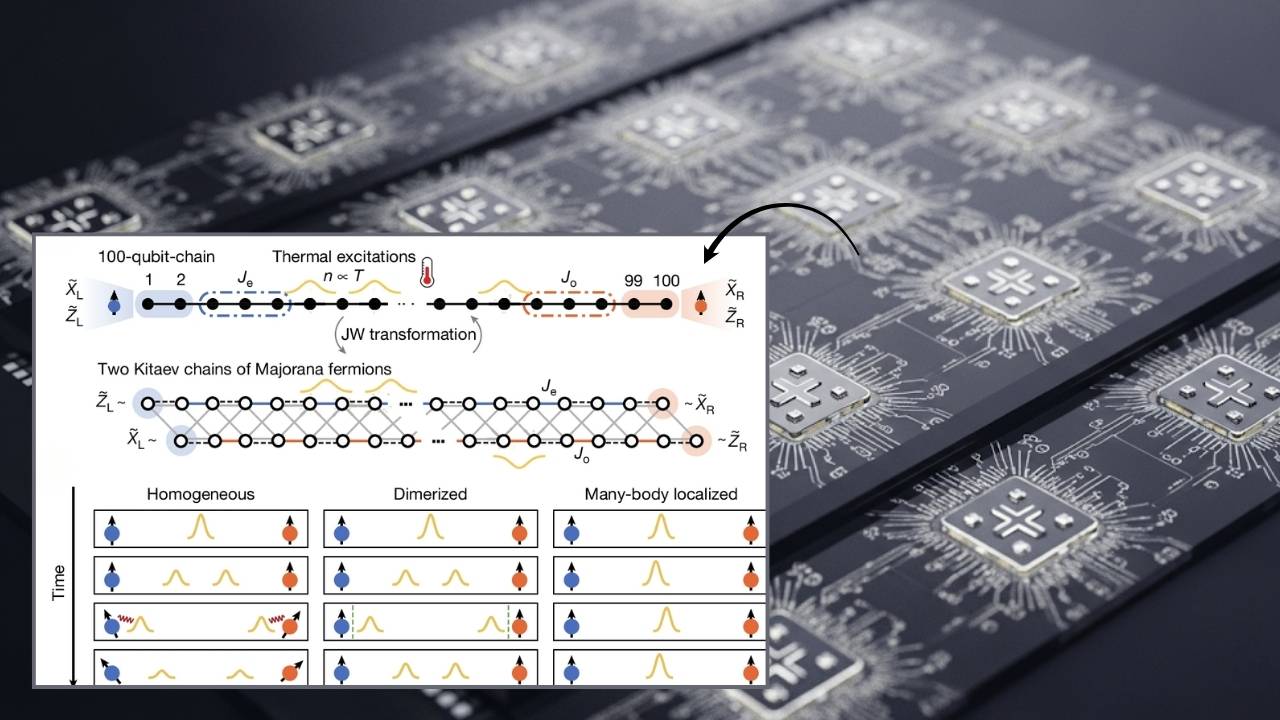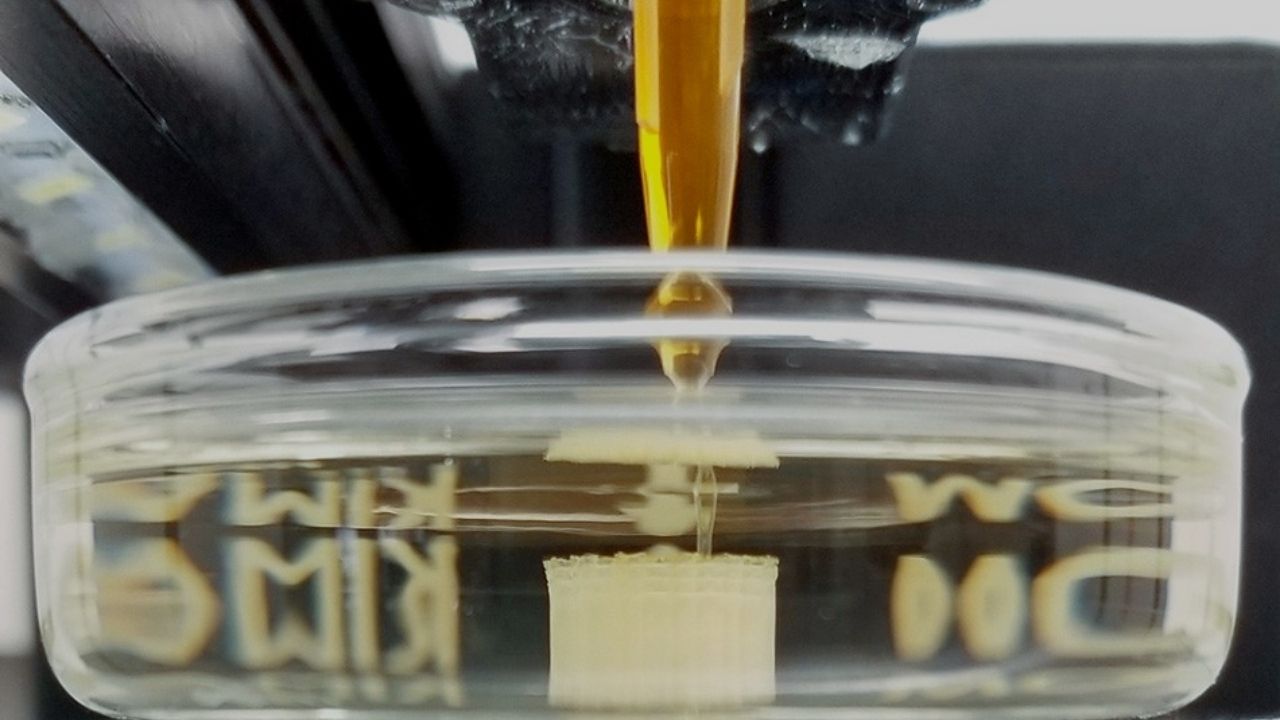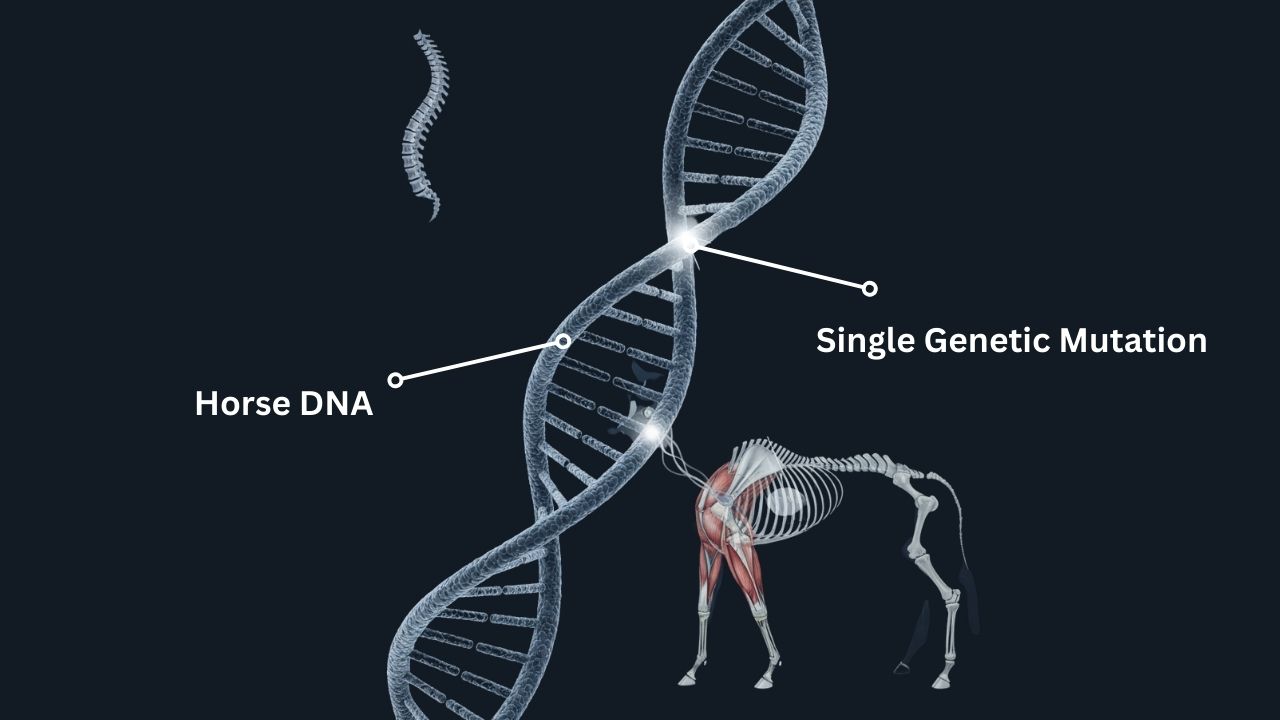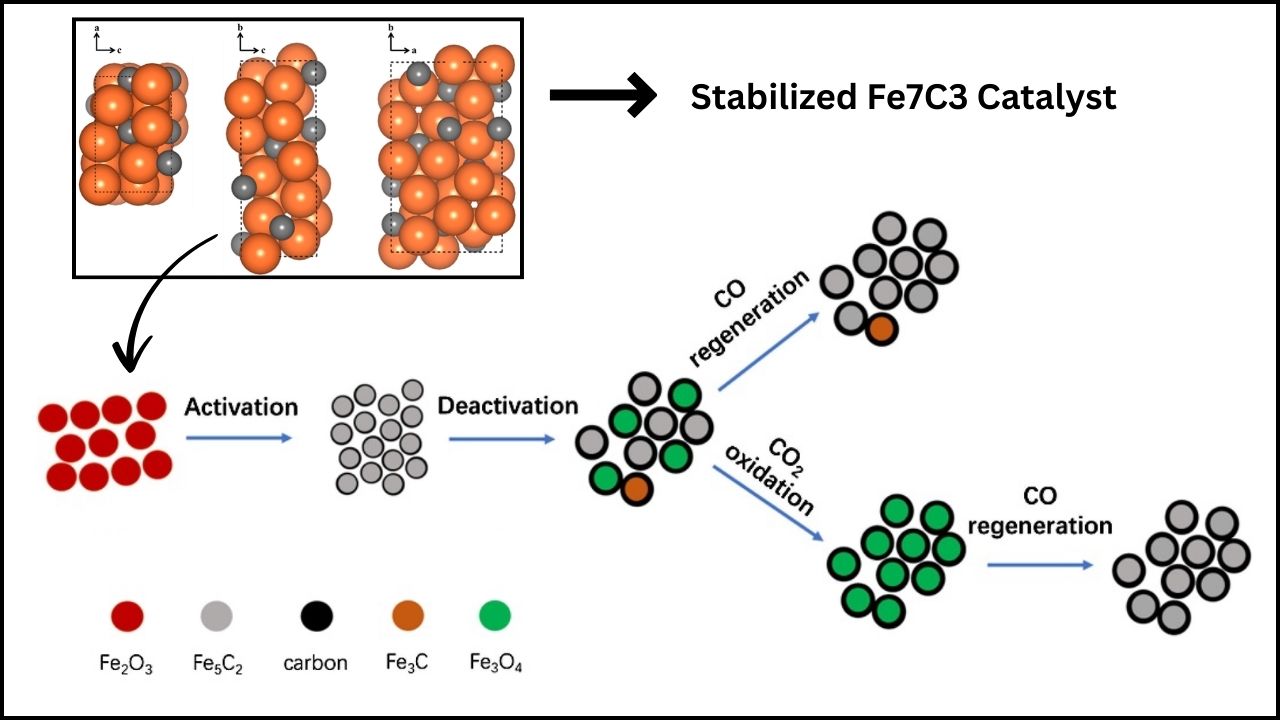IonQ To Acquire Oxford Ionics: Quantum computing just hit a new level, y’all! IonQ to acquire Oxford Ionics for ~$1.1 billion—that’s right, billion with a “B.” This isn’t just another tech deal; it’s a power move that could change the game for quantum computers in the US, UK, and beyond.
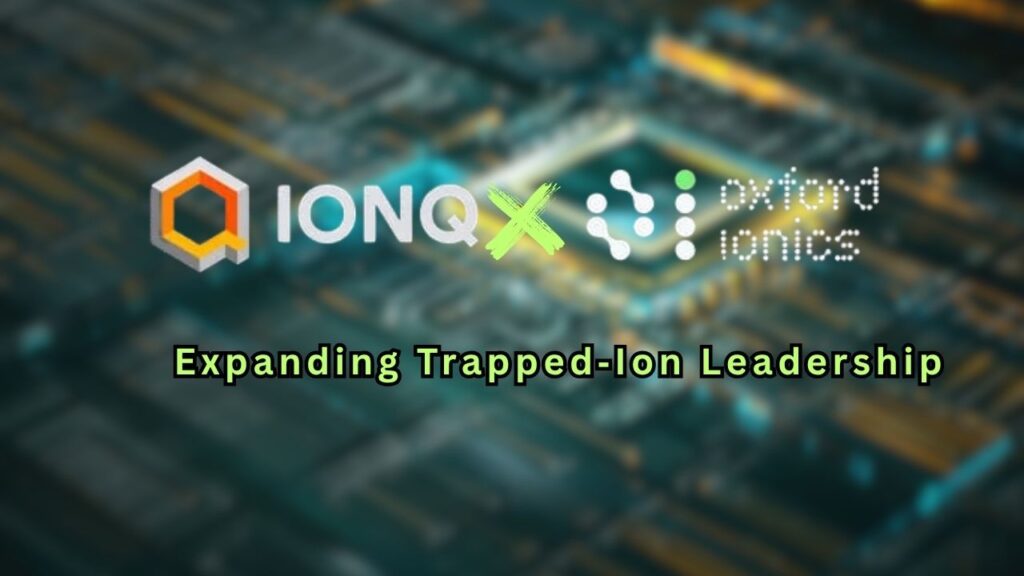
Whether you’re a tech pro, a student, or just a curious mind, buckle up as we break down what this means for the future of computing, your career, and the world.
IonQ To Acquire Oxford Ionics
| Feature/Stat | Details |
|---|---|
| Deal Value | ~$1.075 billion ($1.065B in IonQ stock + $10M cash) |
| Closing Date | Expected in 2025 (pending regulatory approval) |
| Companies Involved | IonQ (USA), Oxford Ionics (UK) |
| Tech Focus | Trapped-ion quantum computing, chip-based qubits |
| Milestone Targets | 256 qubits (2026), 10,000+ qubits (2027), 2M+ qubits (2030) |
| Industry Impact | Largest quantum hardware deal to date; accelerates global quantum race |
| Official Website | IonQ Official Site |
IonQ’s $1.1 billion acquisition of Oxford Ionics isn’t just a headline—it’s a turning point. By bringing together American muscle and British brains, this deal sets the stage for quantum computers to leap from science fiction to everyday reality. Whether you’re a student, a tech pro, or a business leader, now’s the time to get quantum-ready. The future’s coming fast, and it’s looking mighty bright.
What’s the Big Deal? (And Why Should You Care?)
Let’s keep it real: quantum computing isn’t just for rocket scientists anymore. With IonQ’s acquisition of Oxford Ionics, we’re looking at a future where computers can solve problems that would take today’s supercomputers longer than the age of the universe. We’re talking new medicines, climate modeling, cybersecurity, and even things like traffic jams and supply chains—stuff that affects all of us.
IonQ is already a big dog in the US quantum scene, and Oxford Ionics is the UK’s rising star, known for making quantum chips that can actually be manufactured in regular computer chip factories. This deal brings together the best of both worlds: IonQ’s know-how and Oxford Ionics’ breakthrough tech.
Breaking Down the Acquisition
The Nitty-Gritty: How Much and What’s Involved?
- Price Tag: About $1.075 billion—mostly in IonQ stock, with $10 million in cash.
- Size: That’s roughly 10% of IonQ’s total market value at the time of the deal.
- Timeline: Expected to close in 2025, pending the usual regulatory green lights.
- Leadership: Oxford Ionics’ founders, Dr. Chris Ballance and Dr. Tom Harty, will stay on and keep pushing quantum innovation from the UK.
Why Trapped-Ion Quantum Computing?
Here’s the scoop: Most quantum computers today are super delicate and hard to scale up. Trapped-ion tech uses charged atoms (ions) held in place by electromagnetic fields. Oxford Ionics figured out how to control these ions with electronics built right into silicon chips—no more giant laser setups! That means you can make these quantum chips in the same factories that make your phone’s processor.
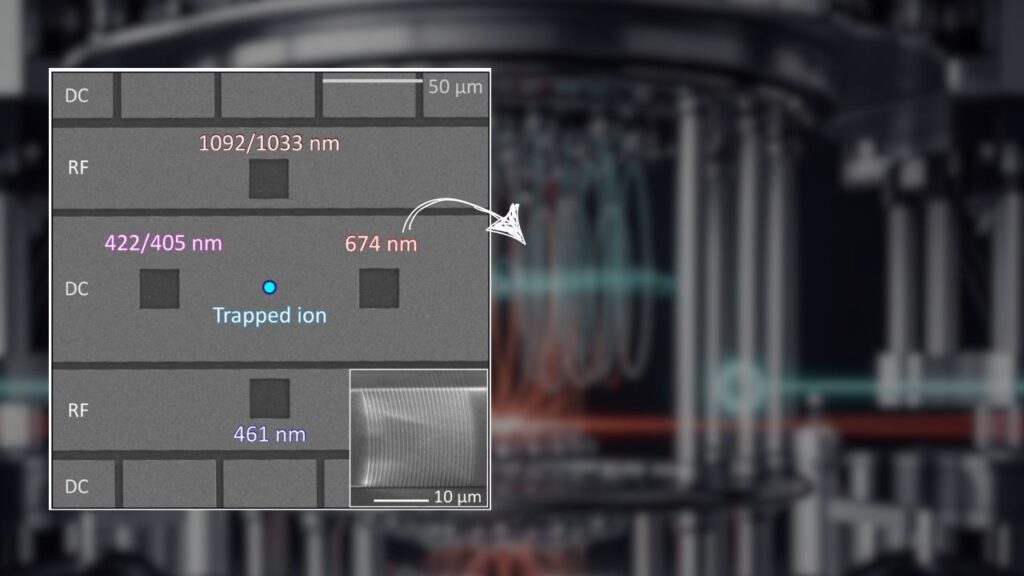
What does that mean for you?
- More powerful computers, faster
- Cheaper and easier to make
- More jobs and research in the US and UK
The Roadmap: Where’s This Headed?
IonQ and Oxford Ionics are shooting for the stars. Check out their ambitious goals:
- 2026: 256 physical qubits with 99.99% accuracy
- 2027: Over 10,000 physical qubits with logical accuracy of 99.99999%
- 2030: 2 million physical qubits and logical accuracy exceeding 99.9999999999%
For context, today’s leading quantum computers have just a few dozen high-quality qubits. Hitting these numbers would put IonQ at the front of the pack, worldwide.
Why Is This a Big Deal for the Quantum Industry?
1. Biggest Quantum Hardware Deal—Ever
This is the largest acquisition in quantum hardware history. It’s a sign that quantum is moving from the lab to the real world, with big money and big ambitions.
2. Solving the Talent Crunch
Quantum computing is hot, but there aren’t enough experts to go around. By joining forces, IonQ and Oxford Ionics are pooling their best brains, making it easier to scale up and innovate.
3. Silicon-Ready Quantum Power
Oxford Ionics’ tech means quantum chips can be made like regular computer chips—think iPhones, not science labs. That’s a game-changer for making quantum computers practical and affordable.
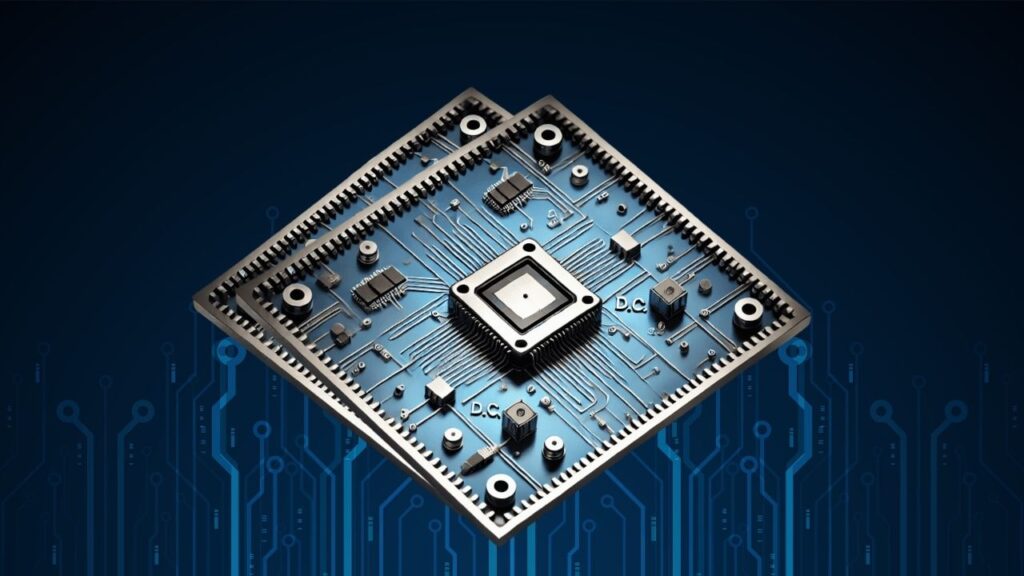
4. Boosting US-UK Tech Ties
This deal is also a big win for international cooperation. It strengthens ties between the US and UK, both leaders in quantum research and policy.
How Will This Affect You? (Practical Advice)
For Students & Young Pros
- Quantum skills are gold. If you’re into physics, math, or computer science, now’s the time to learn about quantum tech.
- More jobs. This deal means more research, engineering, and business roles, especially in the US and UK.
- Universities are watching. Expect more quantum courses and partnerships at major schools.
For Businesses
- Get quantum-ready. Start exploring how quantum computing could impact your industry—finance, logistics, pharma, you name it.
- Partner up. Companies like IonQ are looking for collaborators and early adopters.
- Stay informed. The pace of change is wild; keep an eye on official updates from IonQ and Oxford Ionics.
For Tech Pros
- Upskill. Quantum programming languages (like Q# or Qiskit), hardware engineering, and quantum algorithms are hot skills.
- Network. Join quantum meetups, conferences, and online forums to stay ahead.
The Numbers: Quantum Industry Stats
- Quantum hardware sales are forecast to top $10 billion by 2045.
- $1.25 billion was invested in quantum computing in Q1 2025 alone—double last year’s pace.
- IonQ stock jumped 4% on the news, showing investor excitement.
Step-by-Step Guide: How Quantum Computing Will Change the Game
Step 1: From Lab to Fab
- Old quantum computers = giant, expensive, and fragile.
- New tech (like Oxford Ionics’) = chips you can mass-produce.
Step 2: Scaling Up
- More qubits = more power. Hitting 10,000+ qubits means solving problems regular computers can’t touch.
Step 3: Real-World Impact
- Drug discovery: Simulate molecules to find new cures.
- Logistics: Optimize routes for shipping and supply chains.
- Finance: Model markets and risk in ways never possible before.
Step 4: Everyday Use
- In the future, quantum computers could be as common as cloud servers—powering everything from weather forecasts to AI.
Scientists Build 29.5 %‑Efficiency All‑Perovskite Tandem Solar Cells
Scientists Use a Levitating Magnet to Search for Dark Matter — And It Might Actually Work
Russian Scientists Create Ultra‑Precise Sub‑Ångström Tech for Quantum Chips of Tomorrow
FAQs About IonQ To Acquire Oxford Ionics
What is quantum computing?
Quantum computing uses the weird rules of quantum physics to process information in ways regular computers can’t. It’s like having a supercharged brain for certain types of problems.
What’s a qubit?
A qubit is the basic unit of quantum information—sort of like a bit in regular computers, but way more powerful because it can be in multiple states at once.
Why are IonQ and Oxford Ionics merging?
To combine their strengths and speed up the creation of powerful, practical quantum computers that can be mass-produced.
How soon will I see quantum computers in daily life?
It’ll take a few more years for quantum to go mainstream, but businesses and researchers are already using early systems.
Will this create jobs?
Absolutely! Quantum is one of the fastest-growing tech fields, with opportunities in research, engineering, and business.
Where can I learn more?
Check out the official IonQ website in the Key Highlights table above.

